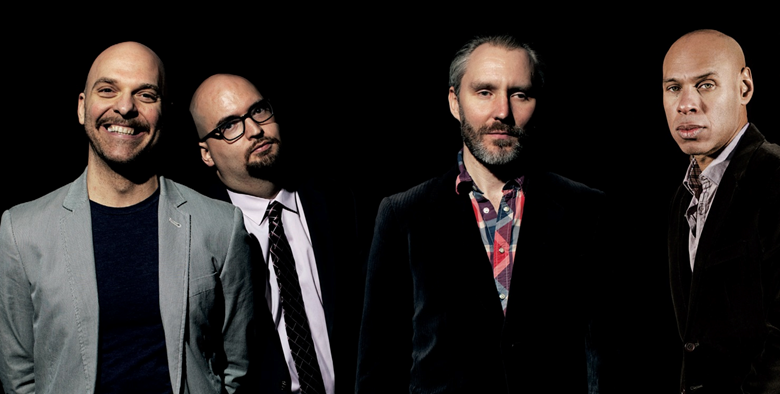Joshua Redman and The Bad Plus – Bad to the Bone
Tuesday, September 15, 2015
With parallel careers spanning the last two decades saxophonist Joshua Redman and piano trio The Bad Plus have forged equally acclaimed, but distinctly separate paths in contemporary jazz.


Register now to continue reading

Thank you for visiting Jazzwise.co.uk. Sign up for a free account today to enjoy the following benefits:
- Free access to 3 subscriber-only articles per month
- Unlimited access to our news, live reviews and artist pages
- Free email newsletter